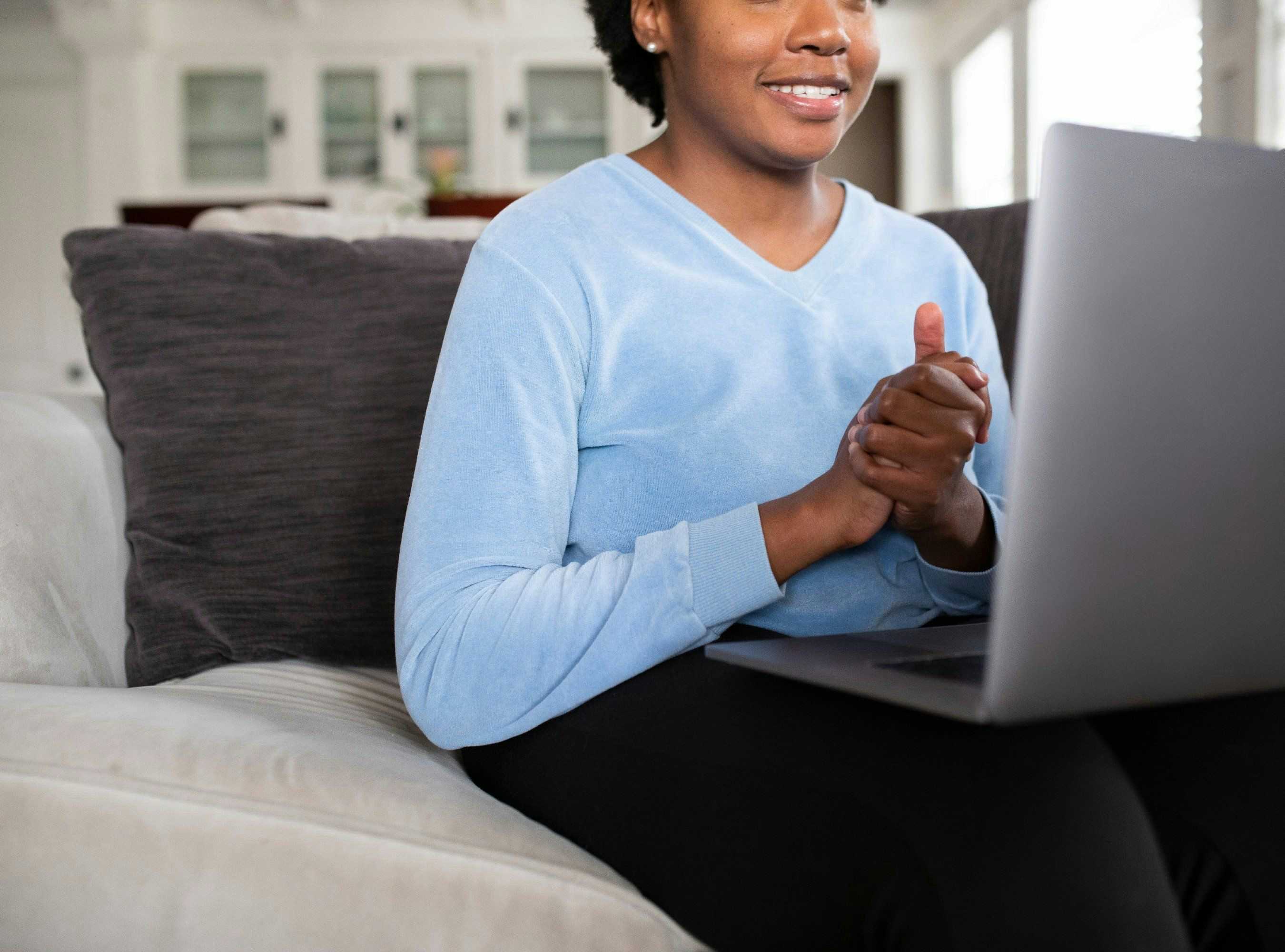A federal judge in the Northern District of California recently announced he plans to continue holding status conferences virtually, even after the pandemic has ended. U.S. District Court Judge James Donato indicated he was interested in continuing virtual conferences, “regardless of what a post-vaccination world looks like.” Though the full return to in-person proceedings remains on hold, Judge Donato’s comments are a clear signal that the court system is embracing the benefits that virtual conferencing technology can offer.
Video Conferencing in Court Proceedings
Judge Donato made his remarks during a virtual status conference in an antitrust claim against Google. The case centers on accusations from consumers and app developers that Google violated federal antitrust and competition laws. The alleged violation involves Google’s methods of collecting consumer and developer behavior data through its Google Play app store.
In speaking to the parties involved in the case, Judge Donato commented on the convenience and time-saving nature of video conferences. Continuing to embrace the practice “will improve your work-life balance, your home life and free you for productive billing on other matters,” he explained.
Outside of California’s Northern District, a federal court in Seattle has been pioneering the use of video conference technology not only for status conferences but also for more complex matters, including jury trials. For Judge Martha Pechman, the process of shifting to virtual court proceedings began when she encountered a June 2020 bench trial that offered an opportunity for the use of remote technology. After successfully completing that bench trial, Judge Pechman chaired a committee to create a handbook for carrying out bench trials via video conference. That project, in turn, led to discussions of how the same technology could be used for jury trials. Judge Pechman has since presided over two jury trials entirely remotely. One case involved a former FedEx freight employee seeking damages from the company, while another involved a policyholder’s claims against insurance company Integon.
Meanwhile, courts that have shied away from using virtual tools have instead found themselves grappling with the effects of COVID-19. During a November 2020 breach of contract trial in the Eastern District of Texas, for instance, 15 participants tested positive for the coronavirus. Rather than risk further exposure, the judge in the case granted a mistrial. The matter is to be rescheduled for 2021.
Pros and Cons of Virtual Hearings
Using videoconferencing and similar tools for court proceedings offers advantages, but it also increases certain risks. In discussing the long-term use of video for status conferences, Judge Donato mentioned the benefits of attorneys’ work-life balance and also that it would eliminate the time lost to commuting to the court building for often short status conferences.
Virtual court proceedings, however, can cause a number of issues—some of which cut to the heart of the parties’ constitutional rights. For instance, in a New Jersey case, State v. Dangcil, the use of videoconferencing for jury selection prompted an appeal in which the defendant argued that the videoconferencing approach had led to a non-representative jury pool and, thus, to a non-representative jury.
For Judge Pechman in Seattle, the question of representation in the jury pool and among chosen jurors weighed heavily on her process. Here, the court developed a virtual juror orientation, click-by-click guides, and even the offer to borrow equipment so that technology was not a barrier to participation. Judge Pechman remarked on her virtual juror pilot program, “much to my amazement, it’s gone quite well.”
How COVID-19 Changed the Courts’ Tech
The court system is traditionally known to slowly adopt new technologies. The COVID-19 pandemic, however, forced the legal field to rethink its normal approach to completing essential tasks, including its use of technology as a means to protect participants from exposure.
New uses of technology in the practice of law are even reaching beyond the courtroom. For instance, the pandemic has expanded some firms’ interest in offering client dashboards. These platforms allow clients to see the progress made on their case and to streamline billing operations. Custom dashboards also offer another way for attorneys to communicate with clients and stay in touch during the development of a case. In a world where in-person visits must be limited for safety, client dashboards can maintain attorney-client connections despite physical distancing.
Technology is also becoming invaluable in holding depositions. Although video recordings of depositions are not a new move, the use of virtual meetings create opportunities for safe social distancing without sacrificing communication. Now, the parties and lawyers can conduct the deposition securely and without the need to travel.
Holding court proceedings virtually remains a novel approach. But with each instance, the courts gain more information on how to most effectively hold remote proceedings, from status conferences to full-fledged jury trials.




